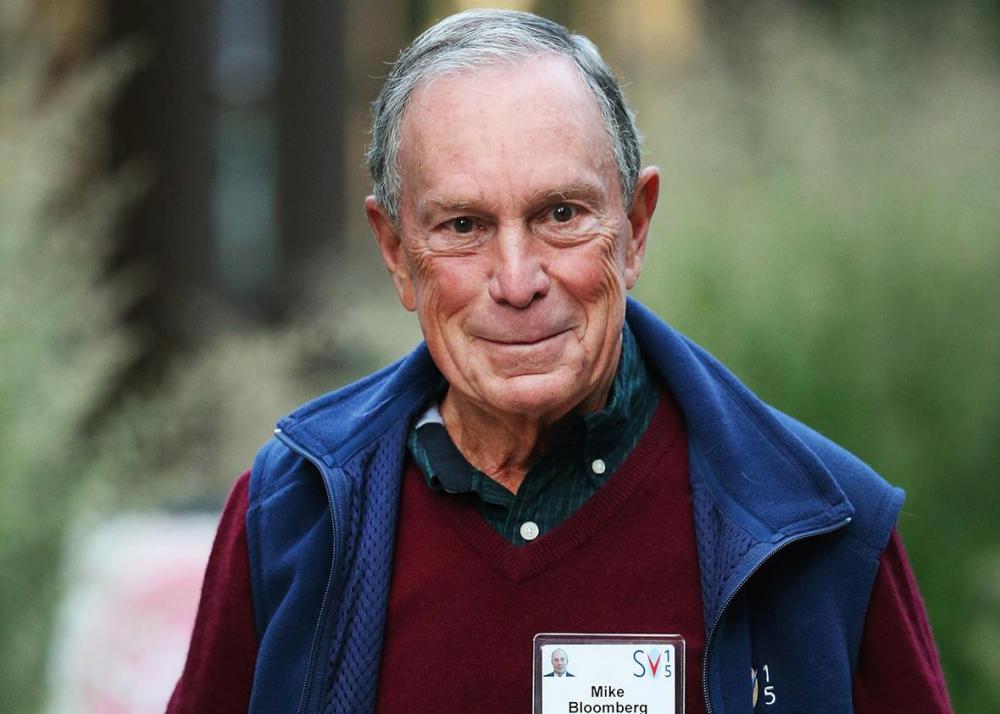In 1993 I had an insightful meeting with Michael Bloomberg. I had gone to work for the Hearst Corporation to build a digital business and one day was interviewed at Bloomberg News on the digital future.
At the beginning of the back and forth the reporter said that Michael wanted to visit after the interview. The interview ended and Michael came to escort me to his office for what turned out to be a twenty minute or so window into his leadership style.
Michael set the tone. He wanted to know about my political background with Jack Danforth and Kit Bond (then Missouri’s two United States Senators) and what I had gleaned from those experiences. He then turned to my job as Chairman of the Federal Communications Commission and inquired about the challenges faced in leading a government agency. And then the interview was over.
Absent were Midwestern pleasantries and there was certainly no invitation for me to quiz him about how he saw technology affecting his own business. I left his office, as I later told my wife, “feeling that I had been strip-mined.”
Bloomberg went on to become Mayor of New York City while we lived there and by almost all accounts did a good job. Not a perfect job, but a good one. Not bad when you consider that many felt New York was ungovernable and his adopted Party, Republican, was institutionally weak in the City.
Recently Bloomberg, after equivocating for some months, decided to run for the Presidential nomination of the Democrat Party. I was pleased.
The roll-out of his campaign gave journalists and columnists who write about politics a new target. While I have not consulted artificial intelligence for a word or phrase count, I would guess that the highest volume count would yield the following descriptors: “billionaire”, “too late”, “switched Parties”, “stop and frisk”, “too old”, “buying the election”. If you feel insufficiently informed about any of the above, do a Google search.
After being a bit startled at the efficiency of my visit with Bloomberg, I became an admirer. He did not, after all, build Bloomberg News on pleasantries. He did not become a billionaire on idle talk. He didn’t successfully make the transition from business to New York’s “best Mayor”, by spending words unnecessarily.
Maybe nostalgia requires me to remember a time when “accomplishment” was defining. Today the filter is much different. We strip mine a person’s life and then accentuate apparent mistakes as if humans cannot change. We apply sensitivity filters and woe be to the person who showed insufficient sensitivity regardless of the generational context. And if somebody is theatrically skillful, many translate such skill into a good White House fit.
So let me emulate Bloomberg’s efficient use of words. He is a man of rare accomplishment. He built a very impressive business and then effectively presided over America’s most complicated city.
Should he become the Democratic nominee? I’ll leave that to my Democrat friends to answer, but barring unforeseen developments, he would certainly get my vote.
Al Sikes is the former Chair of the Federal Communications Commission under George H.W. Bush. Al recently published Culture Leads Leaders Follow published by Koehler Books.



Marty Stetson says
He will will also get my vote. When you read his position on different issues it mirrors my own more than any candidate of either party. Unfortunately I will not be able to vote for him in the primary. I like former President Regan’s remarks about age, the same could be applied to Mr.Bloomberg. President Regan said ” I will not bring up their lack of experience if they do not mention my age. ” ( I do not remember the exact quote but it was something along those lines. )